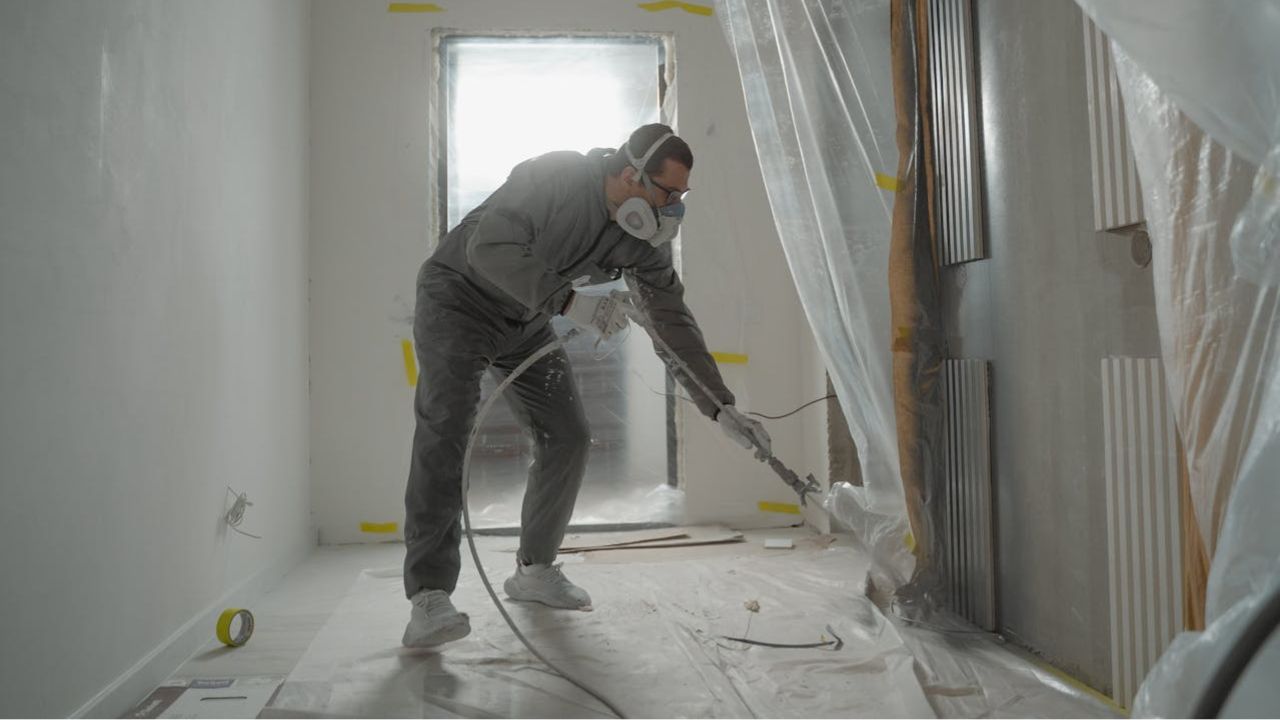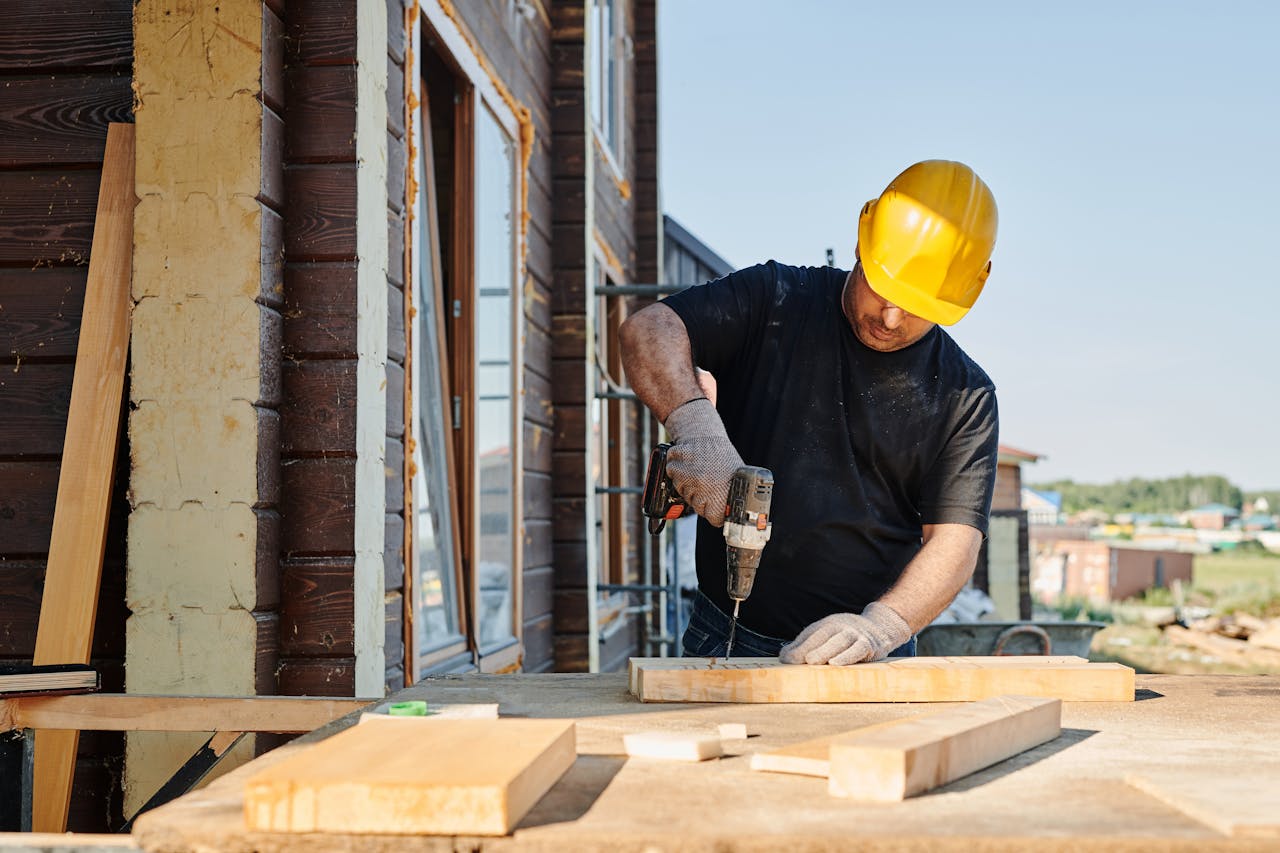Some projects look easy online but break laws, void insurance, or create real hazards. Permits and licensed pros exist to protect people, homes, and rivers. Codes require safe wiring, venting, and barriers because fires, leaks, and falls happen fast. Fines, stop work orders, and failed inspections can also delay sales and add big costs later. If you are unsure, call your city first and ask what is allowed. Doing it right the first time is cheaper than repairing damage after a midnight emergency.
1. Rewiring panels or adding circuits

Working inside a service panel without a permit or license is illegal in many places and fails basic safety rules. The National Electrical Code sets standards for breaker size, wire gauge, and grounding. Guessing these can cause shorts or hidden heat that starts fires months later. Unpermitted wiring often fails inspection when you try to sell and may void coverage after a claim. Hire a licensed electrician, pull a permit, and get a final sticker so the work is safe and documented.
2. Installing or moving gas lines

Gas line work looks simple until a bad flare, wrong thread sealant, or untested joint leaks. Many states require licensed installers and pressure tests before the meter is opened. A tiny leak can lead to carbon monoxide exposure or explosions, and gas utilities can refuse service if the line is not inspected. Insurance can deny claims tied to unpermitted gas work. Call the utility or a licensed fitter, pressure test the line, and have the final check recorded with your city.
3. Removing load bearing walls

Taking out a wall without engineered plans can drop ceilings, crack foundations, or sag floors over time. Cities require permits, calculations, and proper beams and posts because loads travel through the house to footings. Even if it stands today, an under sized beam can deflect later and ruin doors and drywall. Future buyers will ask for permits, and missing ones can stall the sale. Hire an engineer, get a permit, and use rated lumber and connectors that inspectors will sign off.
4. DIY asbestos removal
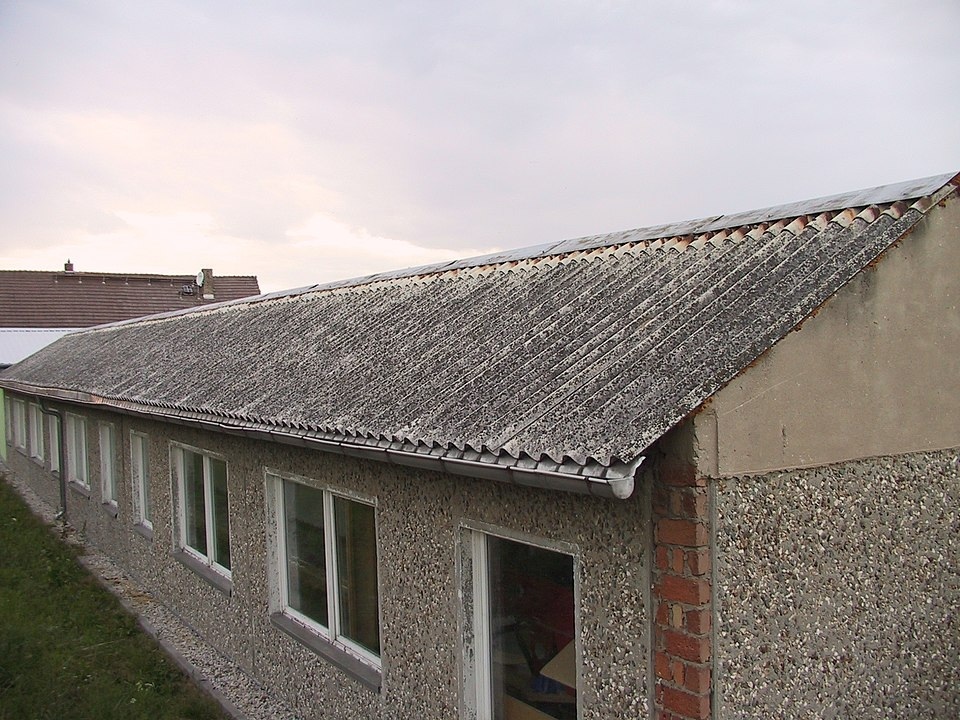
Older floor tiles, pipe wrap, and cement siding can contain asbestos. Disturbing it without containment can release fibers that lodge in lungs. Many states require licensed abatement, special bags, and specific dump sites. Illegal disposal brings heavy fines, and home tests do not replace lab analysis. If you suspect asbestos, stop work and get material tested. A licensed crew can seal the area, use negative air machines, and legally dispose of bags so you do not contaminate your house.
5. Sanding lead paint in pre 1978 homes
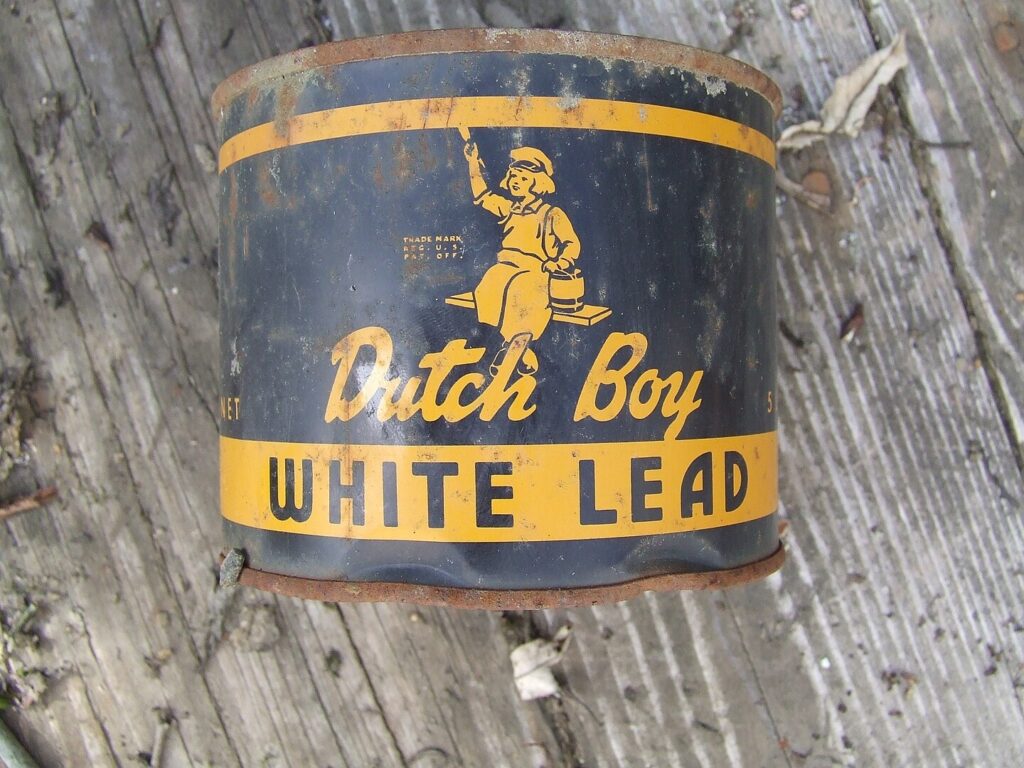
Dry scraping or sanding old paint spreads dust that young children can inhale or ingest. Federal rules require certified renovators to contain dust and clean with proper methods in homes and child care spaces built before 1978. Tossing dusty debris into regular trash can violate local rules. Buyers and landlords face extra penalties if hazards are left behind. Use certified pros who set plastic barriers, use HEPA tools, and clear the site with dust wipes that prove it is safe to reoccupy.
6. Septic system installs and illegal sewer hookups
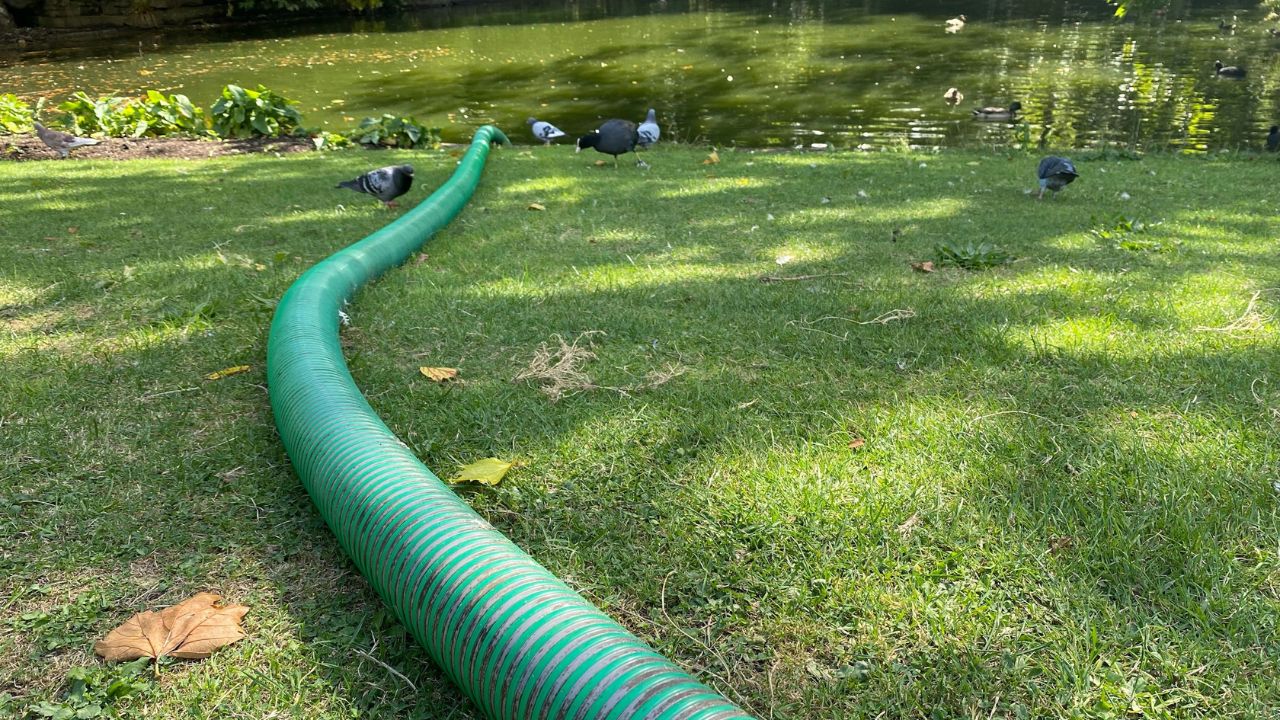
Installing a septic tank or tying into a sewer without permits can contaminate wells and streams. Health departments require soil tests, tank sizing, and set distances from water. A hidden, unapproved line can trigger fines and orders to dig it out later. Overflow and smells also attract complaints. Call the county first, get a site plan, and have a licensed installer pull permits. Final inspections and records protect your property value and keep groundwater safe for neighbors.
7. Backyard burning of trash
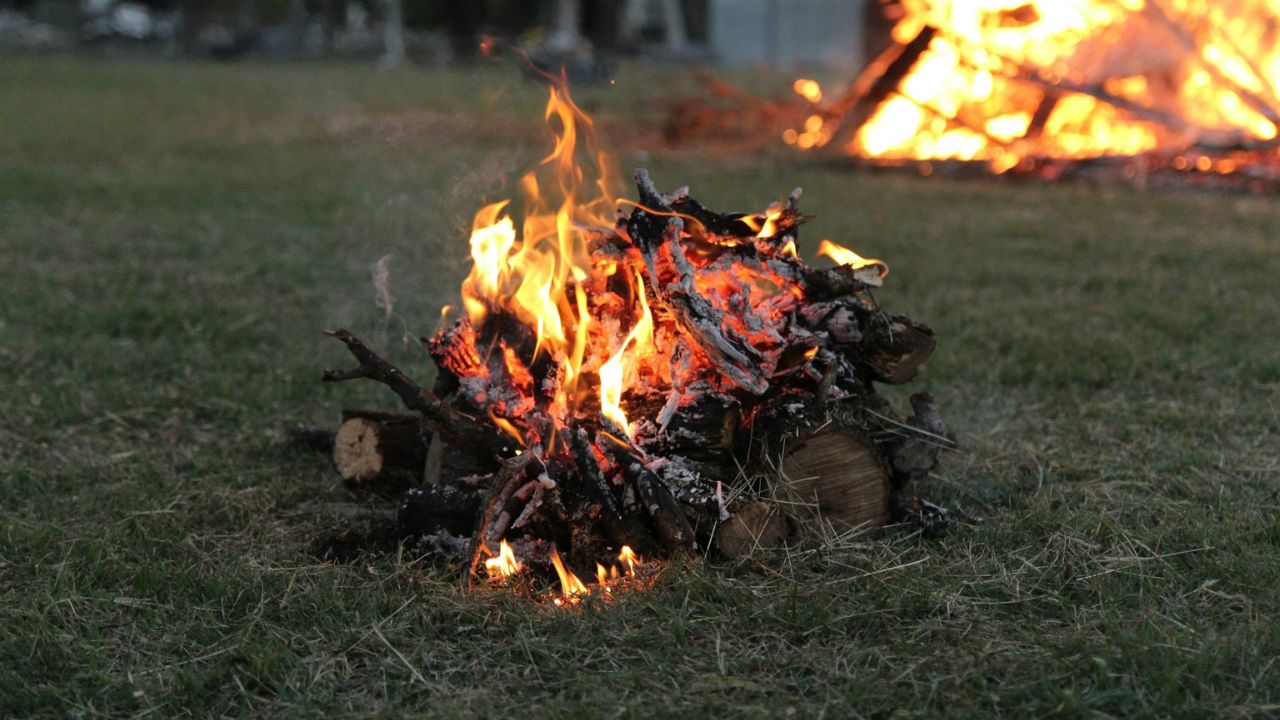
Burning household waste, tires, or treated wood releases toxic smoke and ash. Many counties ban open burning or allow only small yard debris under strict weather rules. Violations can bring citations when smoke drifts across roads or neighborhoods. Embers also start grass fires that spread quickly in wind. Check local regulations, use curbside pickup or transfer stations, and keep a metal ash can for cooled fireplace ash. Proper disposal is cleaner, cheaper, and far safer for lungs and property.
8. Making fireworks or homemade explosives

Mixing powders at home is illegal and extremely dangerous. Small measurement errors or static sparks can cause instant blasts and severe burns. Shipping and storage of explosive materials are tightly regulated, and neighbors can hear and report illegal activity. Hospitals see hand injuries every year tied to homemade devices. If you want a show, buy legal consumer fireworks where allowed and follow local rules, or attend licensed displays that use trained crews, proper distances, and fire coverage on site.
9. Tampering with vehicle emissions equipment
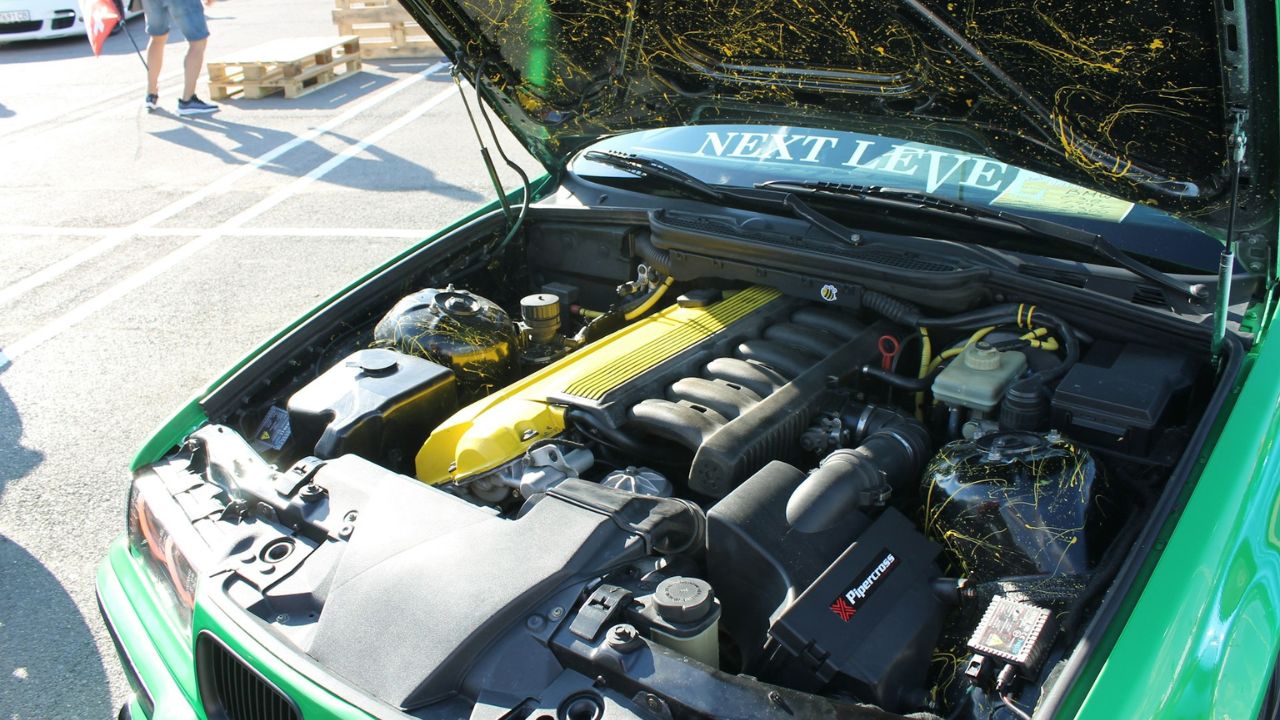
Removing a catalytic converter, gutting it, or installing defeat devices violates federal law and most state rules. Beyond fines, your car can fail inspection, void warranties, and run poorly. Catalysts cut carbon monoxide and smog forming gases, which is why the law treats tampering seriously. Rolling coal and illegal tunes also damage engines and draw tickets. If you want performance, pick legal parts with certifications and keep emissions gear intact. You will pass tests and protect the air you breathe.
10. Bypassing or slowing utility meters
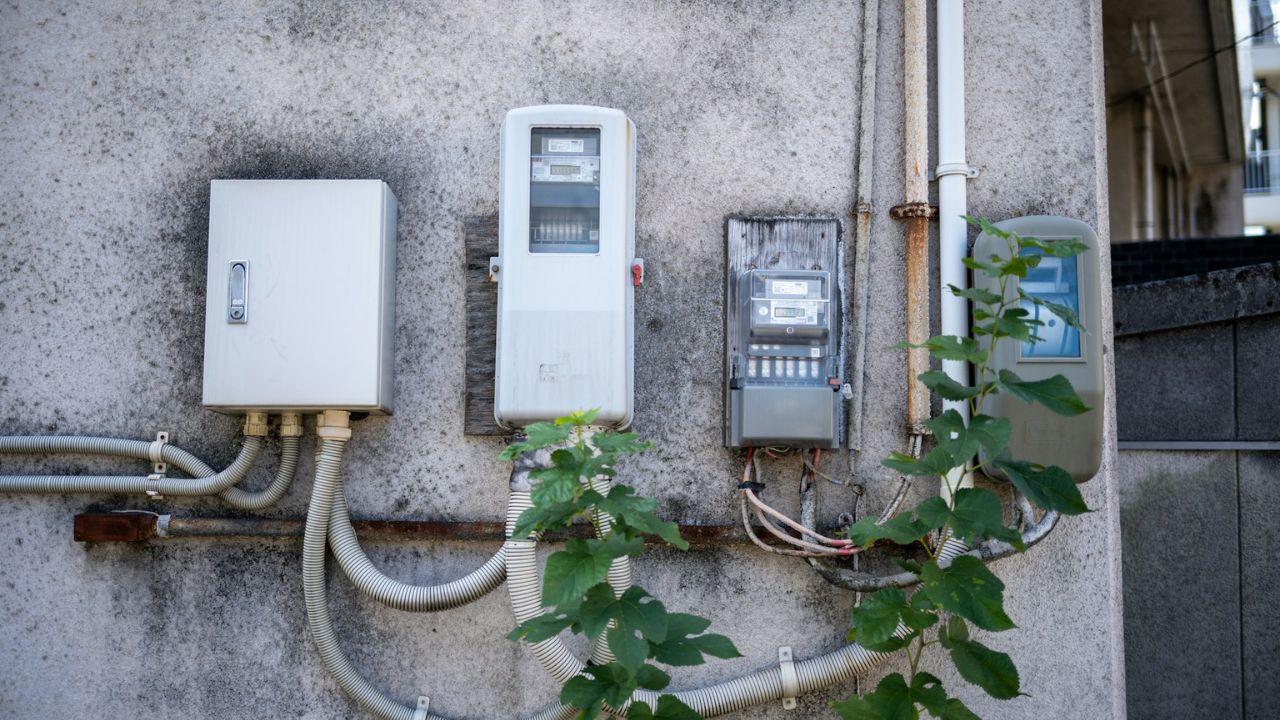
Drilling, magnet tricks, or jumpers around meters are utility theft and can lead to criminal charges. Altered meters overheat, arc, or cause back feed that endangers crews working lines. Utilities can bill you for estimated losses and require expensive inspections before restoring service. Fire investigators also check meters after electrical fires. If bills are high, ask for an energy audit or consider efficient appliances. Saving legally beats risking a shutoff, court fees, and a dangerous hidden connection.
11. Building decks, pools, or sheds without permits
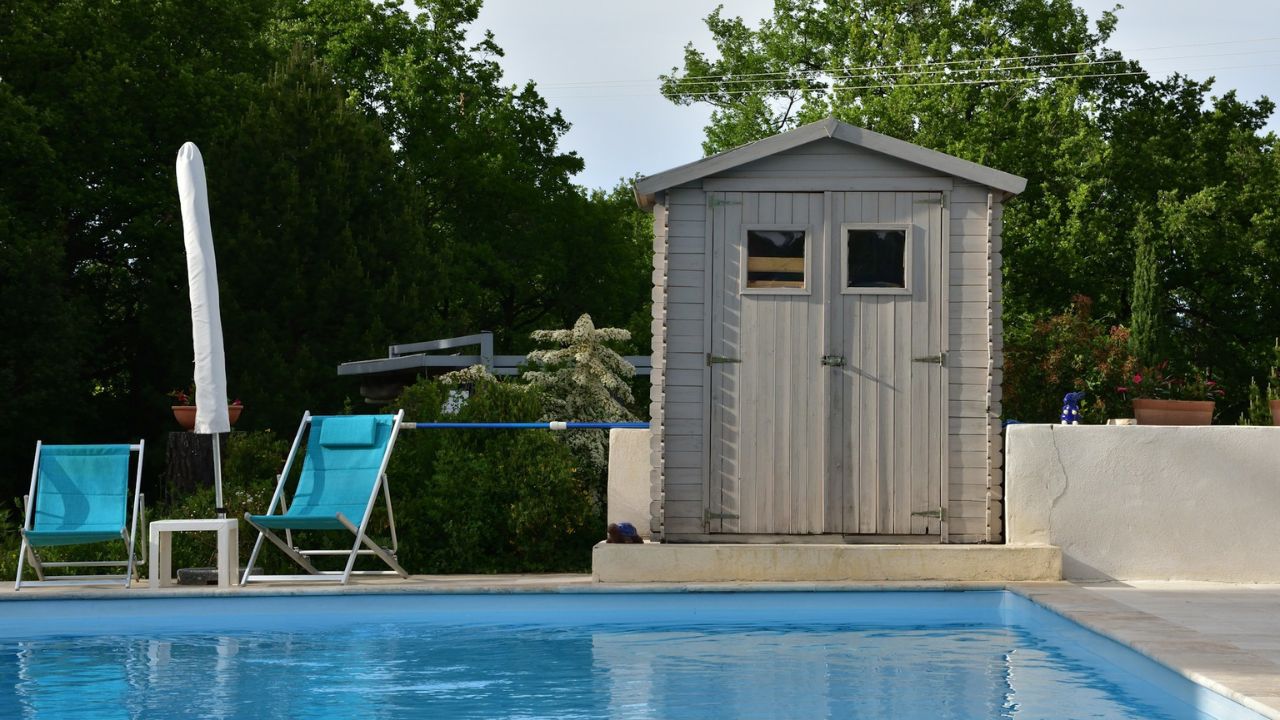
Outdoor structures look simple, but codes set footings, railing height, setbacks, and pool barriers for safety. Unpermitted decks can collapse under a crowd, and pools without fences raise liability fast. Cities can issue stop work orders, require demolition, or add fines that exceed the permit cost. Appraisers and buyers check records, which affects value. Pull permits, call before you dig, and schedule inspections. You get safer footings, legal fences, and a paper trail that makes your property easier to sell.
12. Drilling a well or tapping a water line
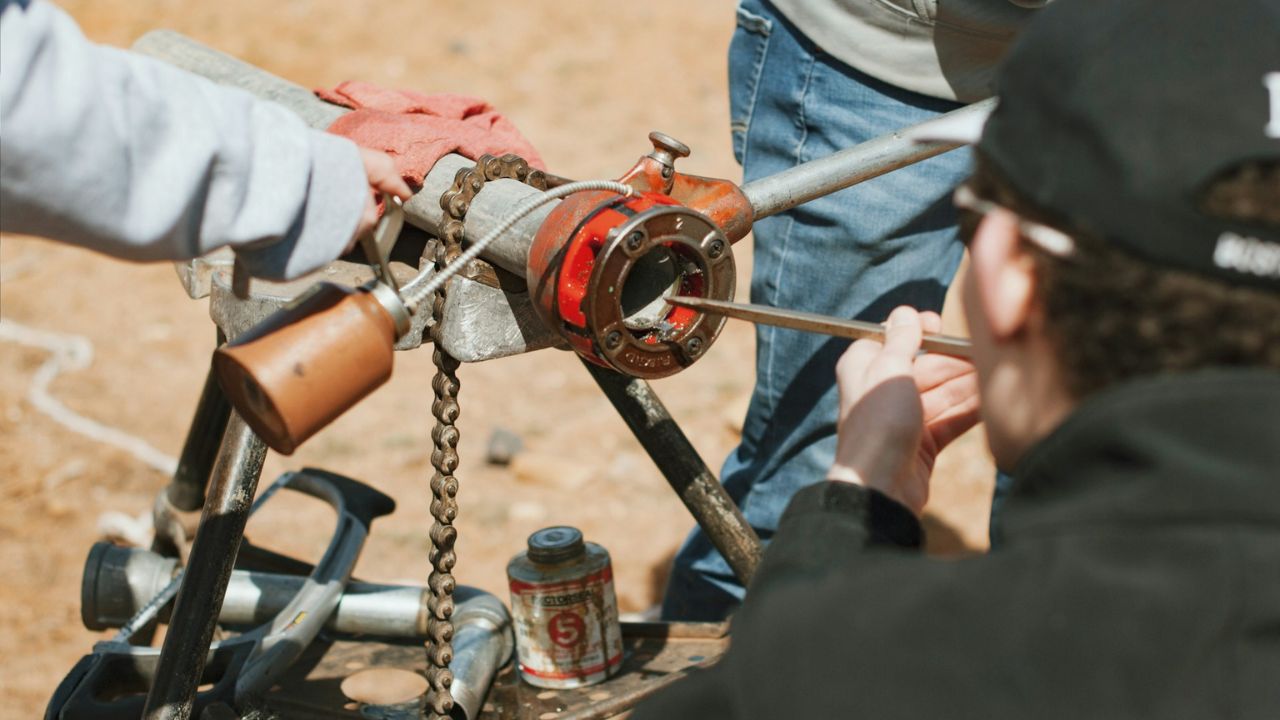
Water wells and service lines are regulated to protect supply and pressure. DIY drilling can hit contaminated layers, damage aquifers, or cross property lines. Illegal taps reduce pressure and can draw penalties when discovered by pressure tests or leak surveys. Many areas require licensed drillers, setback distances, and water testing before use. Call your water authority first. Proper permits and lab tests keep drinking water safe and prevent a costly repair order that lands long after the hole is filled.
